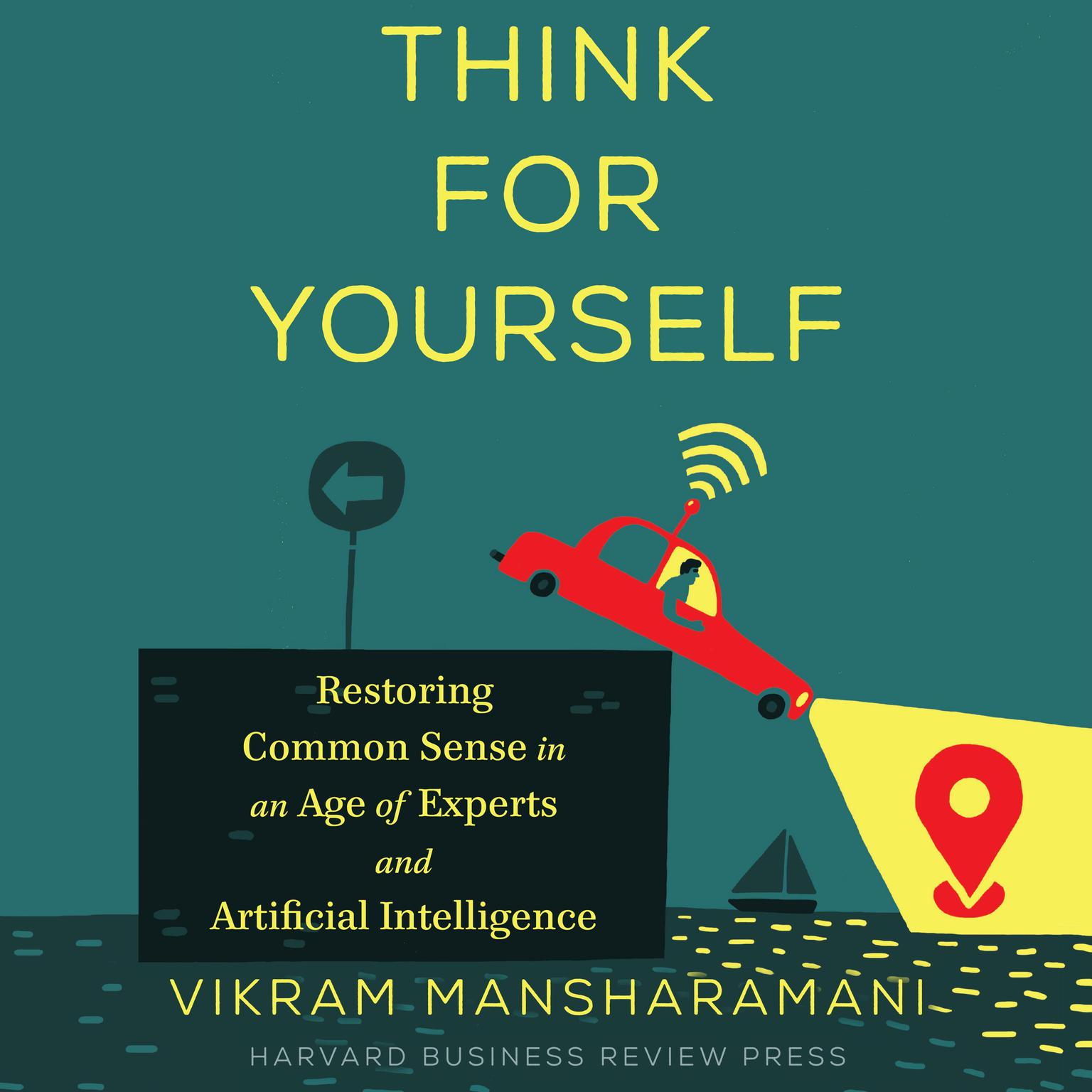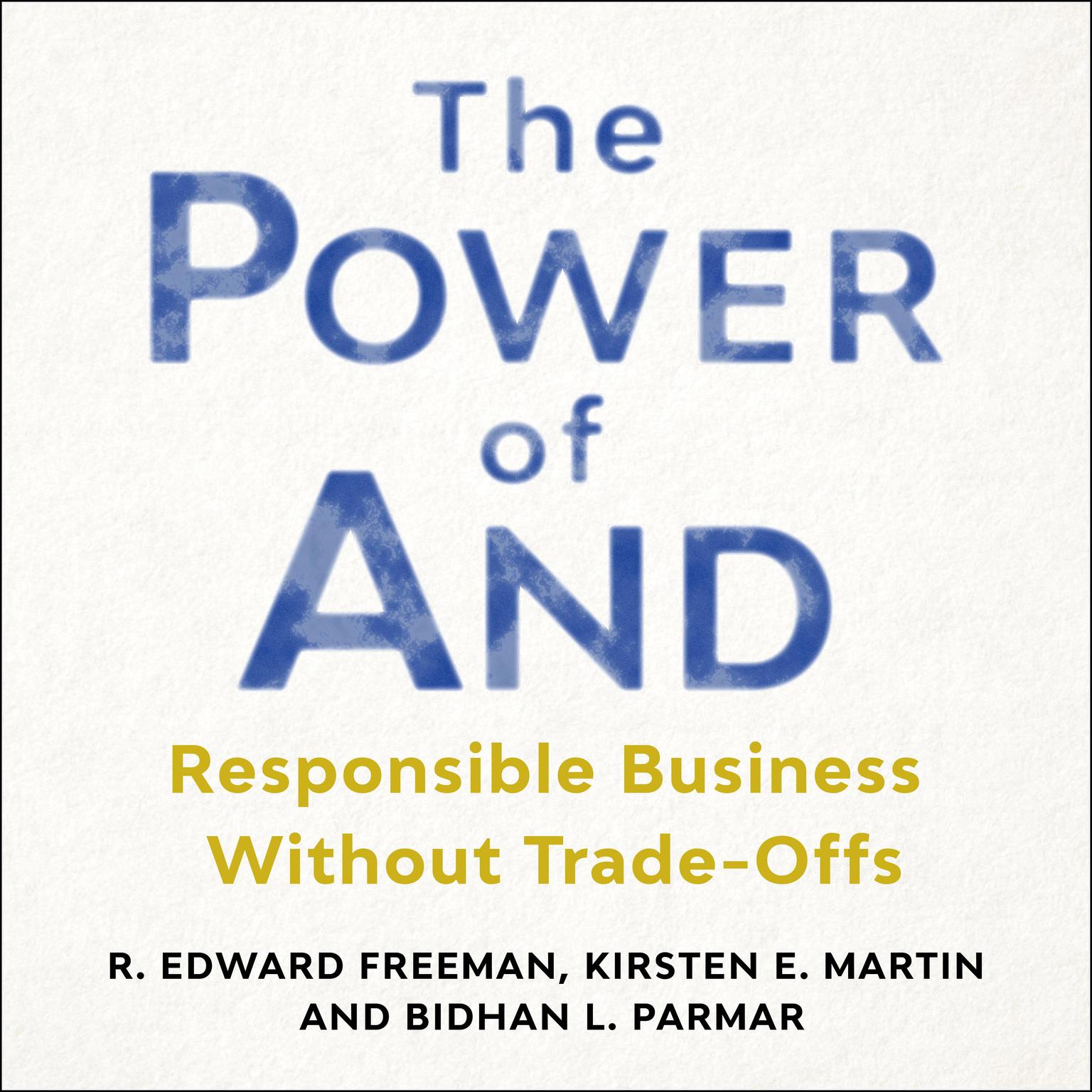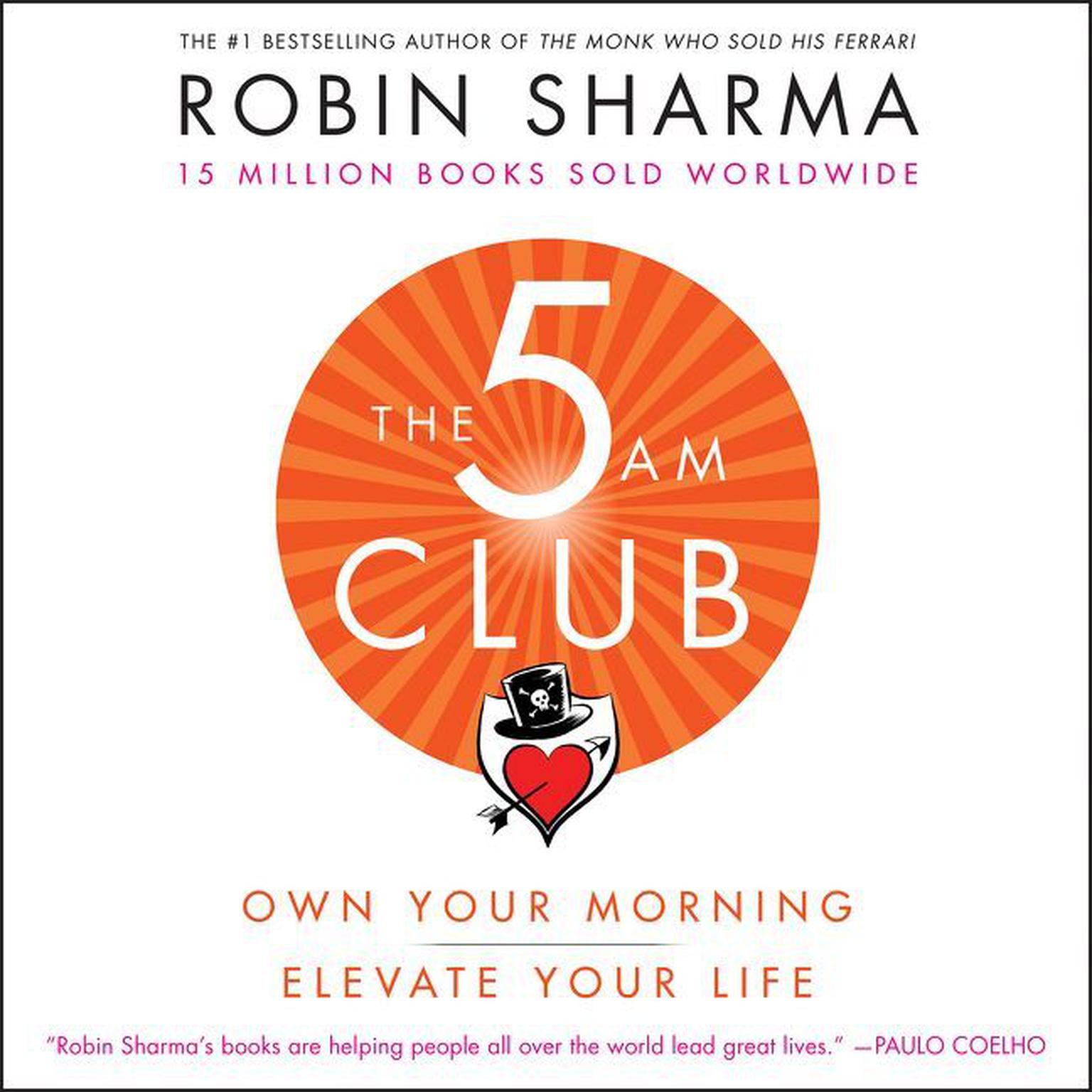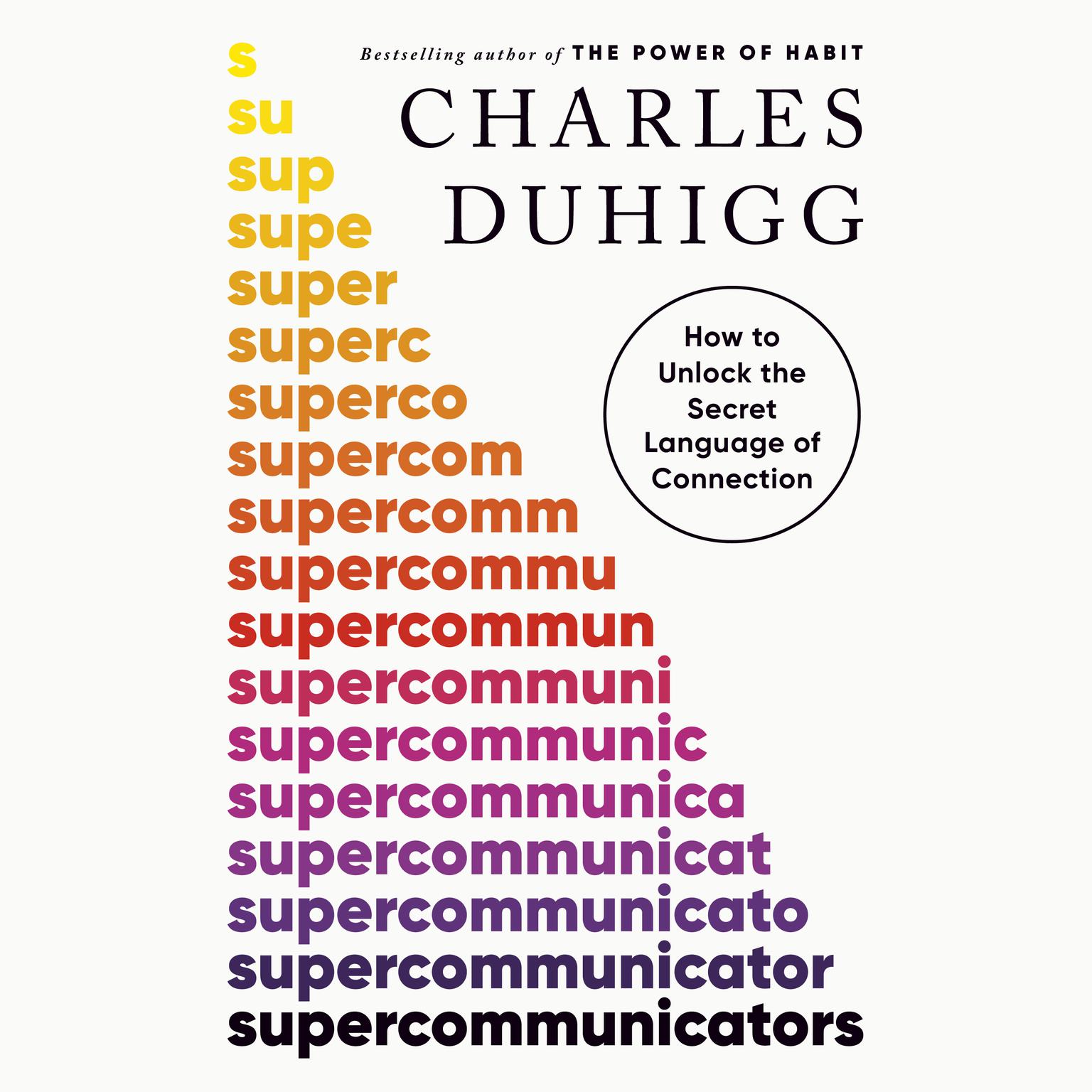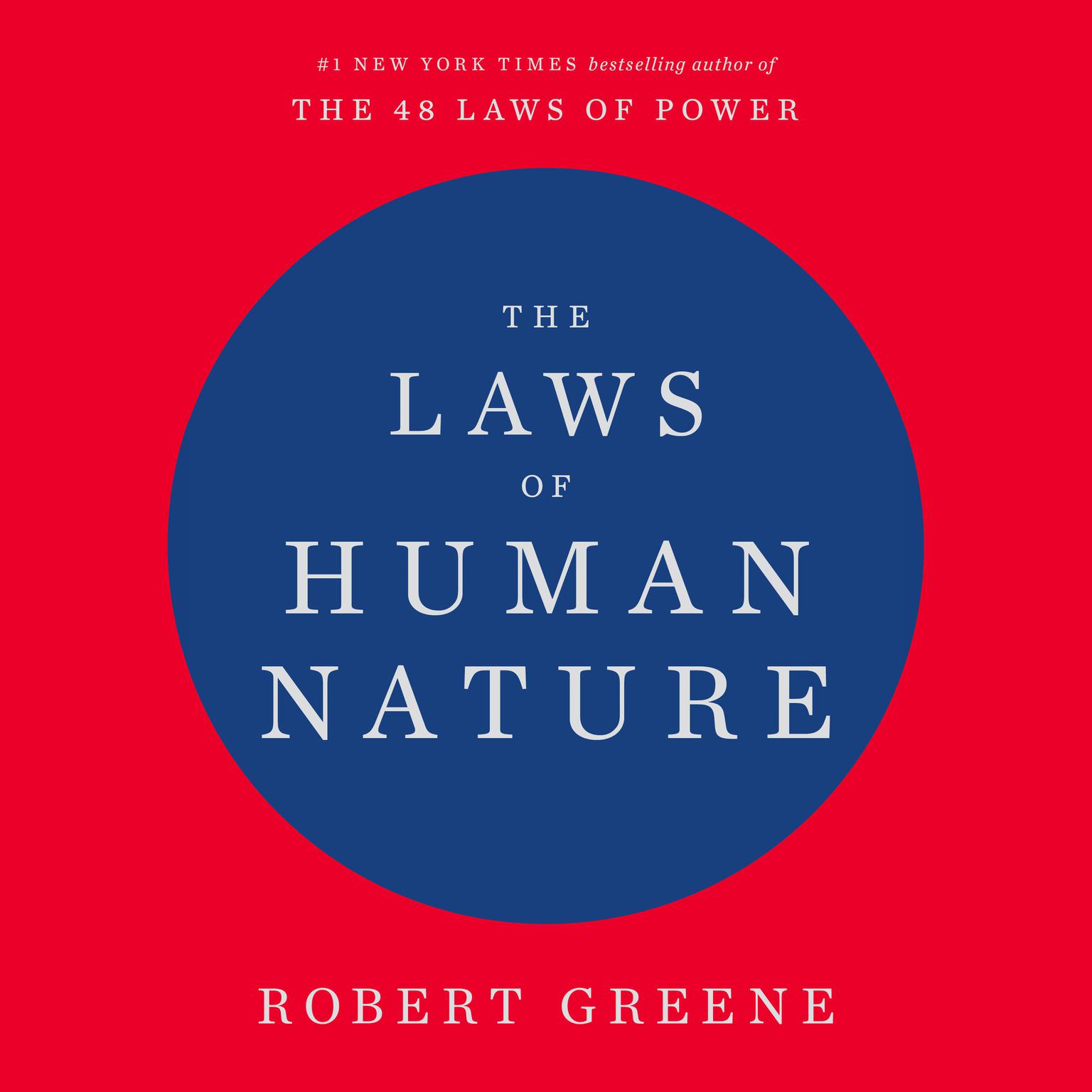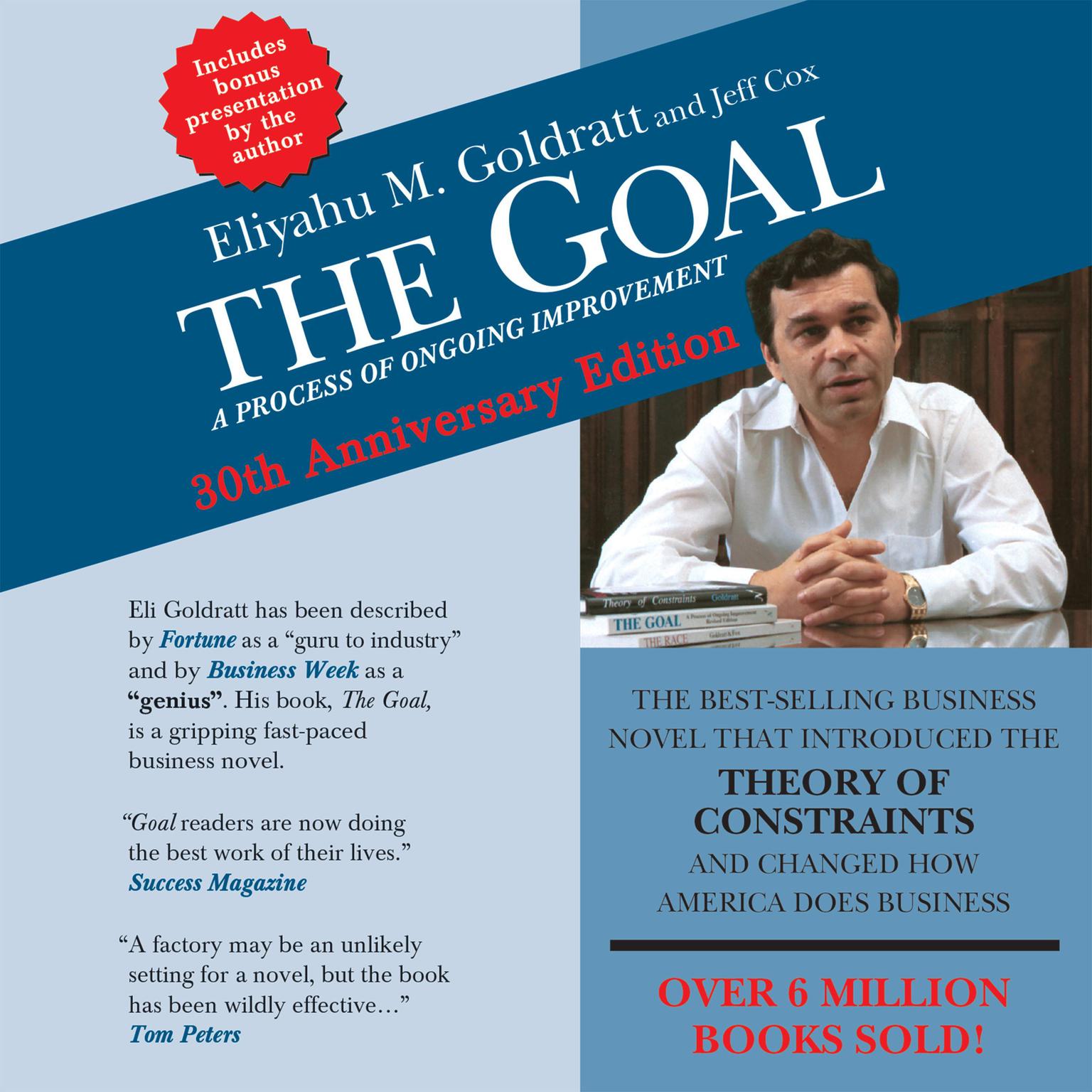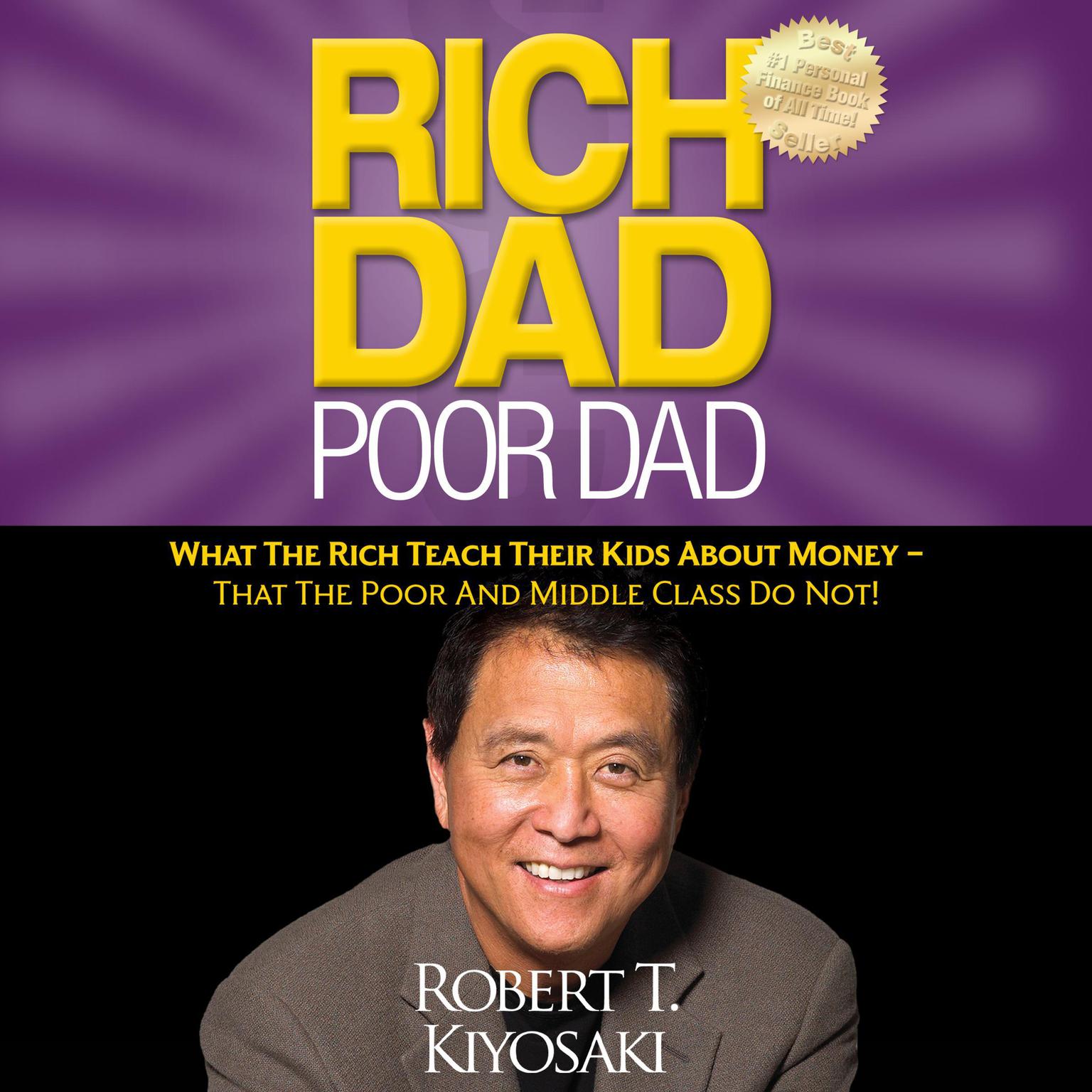Publisher Description
How organizations―including Google, StubHub, Airbnb, and Facebook―learn from experiments in a data-driven world.
Have you logged into Facebook recently? Searched for something on Google? Chosen a movie on Netflix? If so, you’ve probably been an unwitting participant in a variety of experiments―also known as randomized controlled trials―designed to test the impact of different online experiences. Once an esoteric tool for academic research, the randomized controlled trial has gone mainstream. No tech company worth its salt (or its share price) would dare make major changes to its platform without first running experiments to understand how they would influence user behavior. In this book, Michael Luca and Max Bazerman explain the importance of experiments for decision making in a data-driven world.
Luca and Bazerman describe the central role experiments play in the tech sector, drawing lessons and best practices from the experiences of such companies as StubHub, Alibaba, and Uber. Successful experiments can save companies money―eBay, for example, discovered how to cut $50 million from its yearly advertising budget―or bring to light something previously ignored, as when Airbnb was forced to confront rampant discrimination by its hosts. Moving beyond tech, Luca and Bazerman consider experimenting for the social good―different ways that govenments are using experiments to influence or “nudge” behavior ranging from voter apathy to school absenteeism. Experiments, they argue, are part of any leader’s toolkit. With this book, readers can become part of “the experimental revolution.”
Download and start listening now!
In a forthcoming book, The Power of Experiments: Decision-Making in a Data-Driven World, Harvard professors Michael Luca and Max Bazerman show how such experiments have helped organizations from eBay to the U.K. tax authority make better decisions. By testing different strategies on a limited pool of unwitting customers before implementing them, they say, companies can eliminate guesswork and intuition and build products and processes “that better account for the many quirks of human behavior.”
—

